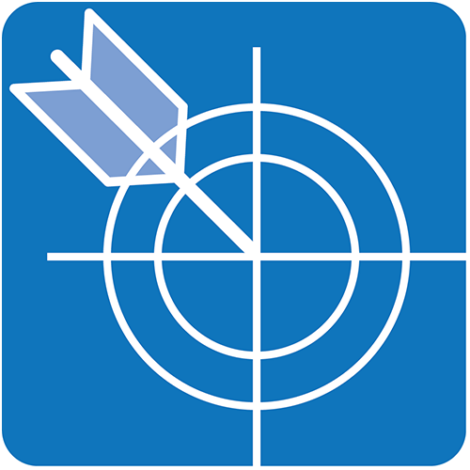
Depending on the type of lung cancer you have, you may be able to have a targeted therapy to treat your lung cancer.
However, targeted therapies only work for some people with non-small cell lung cancer (NSCLC). Your healthcare team will have to do some extra tests on your biopsy tissue to find out if a targeted therapy may be suitable for you. The doctors are looking for specific characteristics that show up in the genes within the cancer cells. These are called mutations and the test is called a mutation test.
Patients whose tumours test positive for these mutations, and who have been given matched targeted treatments, gain more benefit than from standard chemotherapy. A treatment they may also get at a later date.
Targeted therapy drugs come as a tablet, which you take by mouth, every day, at home. You should take them at the same time each day. You can keep taking a targeted therapy for as long as it keeps working for you. The drugs given belong to a group of drugs known as tyrosine kinase inhibitors (TKIs). They work by blocking certain chemical processes that tell cancer cells to grow, divide and spread.
These treatments are designed to slow the spread of cancer of advanced NSCLC.
Your respiratory team will have directly referred you to the doctors that offer targeted therapy. They are called Medical Oncologists.
You will receive your initial appointment at The Meadows Unit at Eccleshill Community Hospital in Bradford. All appointments you have with your Oncologist will be at this unit. You will be given contact numbers for the department. There is no charge to park at Eccleshill Community Hospital.
For more information on targeted therapies, visit the Macmillan Charity website.
We have created this video guide below to help you better understand the treatment process:
All forms of cancer treatment have side effects of one sort or another. Many people experience very few side effects with a targeted treatment. However, some people may develop more severe side effects that require attention.
You will be given the number for the Acute Oncology Helpline. This is a telephone that is manned 24 hours a day, every day of the year where you should ring if you have any problems with side effects from treatment.
Your lung cancer nurse specialist team can answer any questions or concerns you have and help you to make any decisions you're unsure about. Please don't hesitate to contact them. You can find out more information and helpful links here on your patient journey microsite.
You can contact us using the Relay UK app. Textphone users will need to dial 18001 ahead of the number to be contacted.
Bradford Teaching Hospitals NHS Foundation Trust is a smoke-free organisation. You are not permitted to smoke or in use e-cigarettes in any of the hospital buildings or grounds.